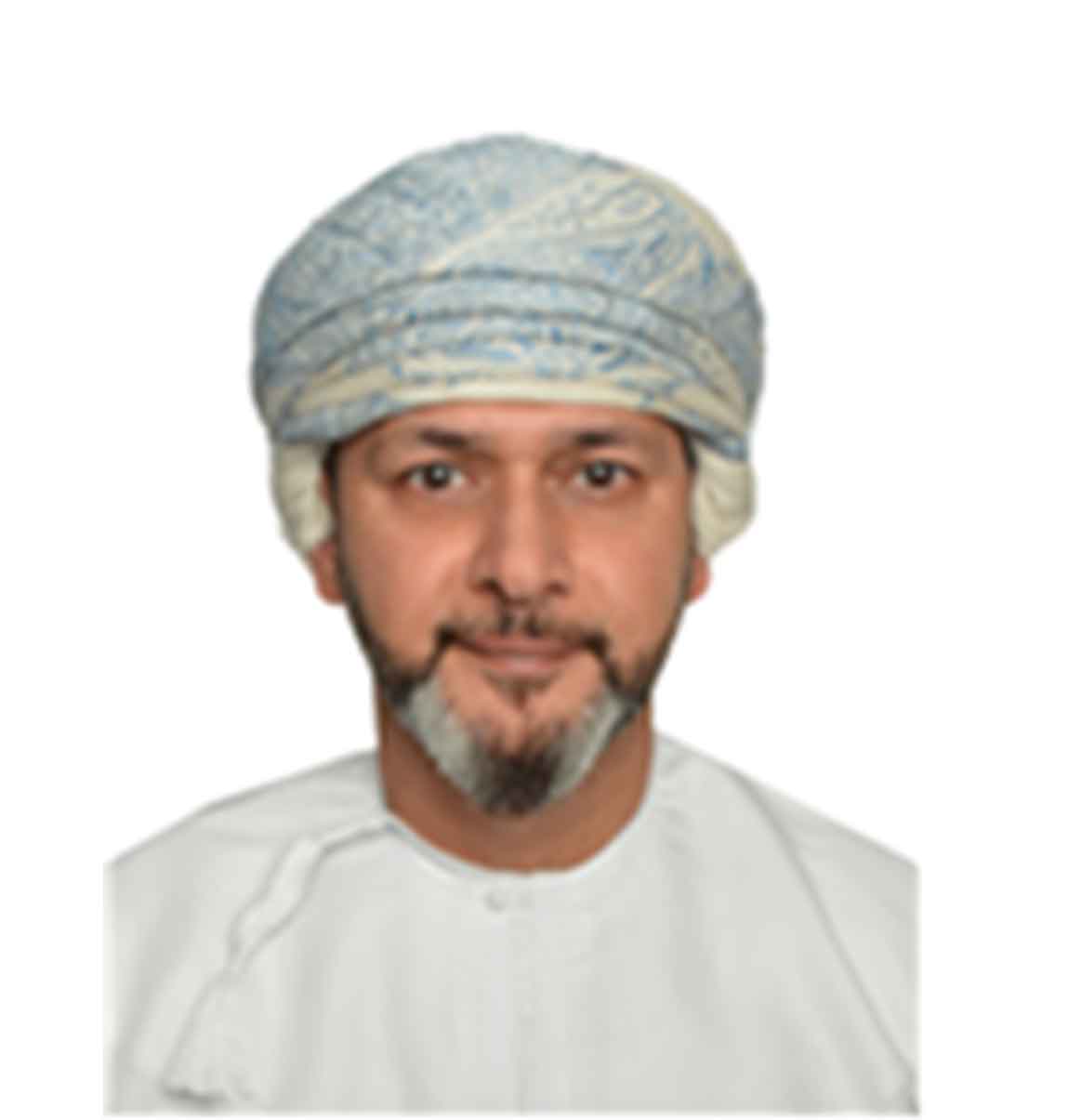
Dr. Ali Mohammed Hussain Al Lawati
Head of Occupational Health Corporate HSSE
OQ
Topic: Health and Wellbeing
Abstract:
Workforce in an energy sector have to deal with a variety of occupational hazards and risks, during their work tasks. These risks are compounded by many other factors including the environmental heat and humidity in Arabian Gulf. World Health Organization (WHO) defines a healthy workplace as "one in which workers and managers collaborate to use a continual improvement process to protect and promote the health, safety and well-being of workers”. One of the major challenges faced by organizations that embrace and swear by workplace wellness programs is the difficulty in quantifying economic cost of poor health. Although research studies have shown that prevention-focused health and wellness programs have a long-term positive impact on workforce health, budgetary constraints and decreasing allocations and traditional reluctance of health insurance providers to support prevention focused health campaigns have severely impacted the work place wellness and health promotion activities.